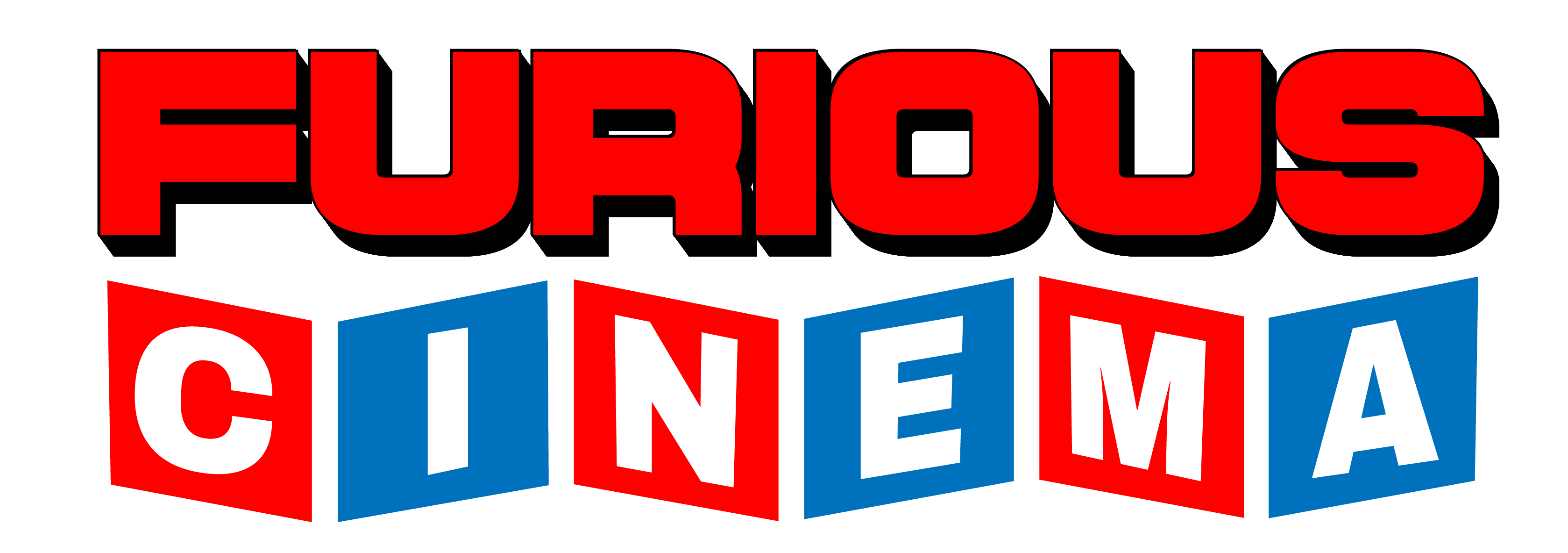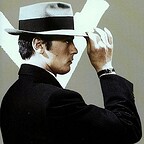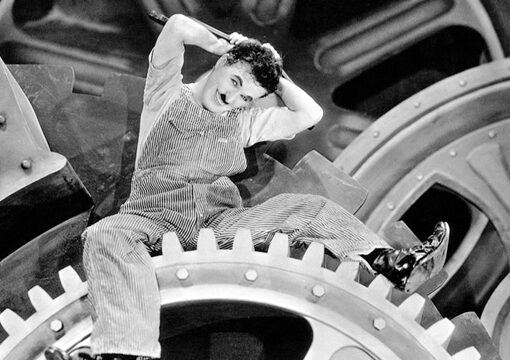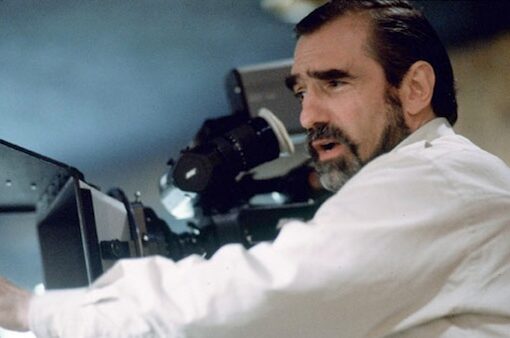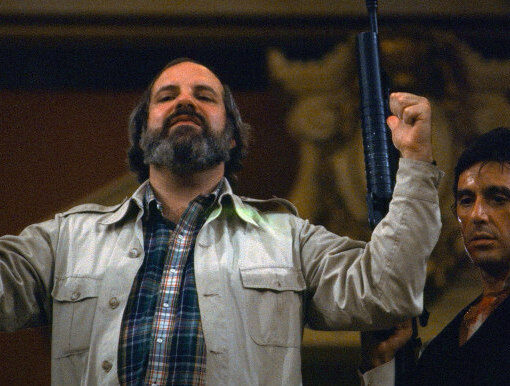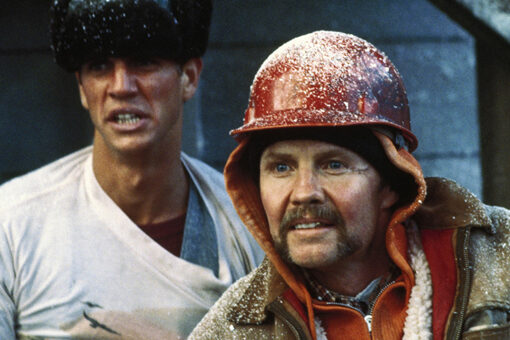The final full-length pic is the most perplexing and impenetrable – a cinematic experiment overflowed with a huge dimension of even more unbridled surrealism which is there to confound and not to sweep the confusion away. Just like Giulio Questi’s previous two creations, Arcana was written and edited by Franco Arcalli. A presumption that Arcana is in line with Django Kill and Death Laid an Egg seems obvious, yet it is only partially true since what differs Arcana is its lack of political subtext and far more intense plunging into pure irrationalism and surrealism. Mr Questi drains subplots from significance and deprives Arcana nearly totally of lucidity of scenes witnessed by a viewer, leaving the audience forlorn and unsure of what it has seen.
Arcana – What An Appropriate Title
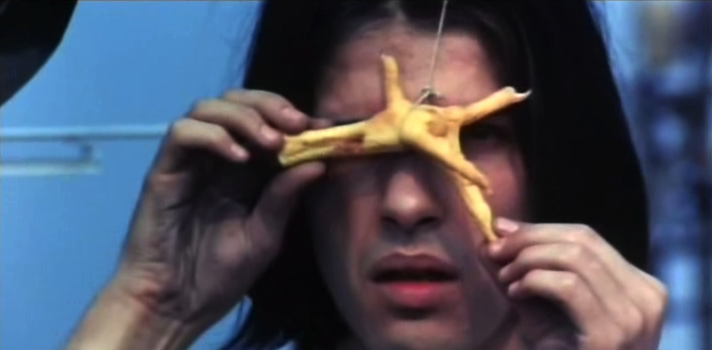
The movie recounts a story about a mock clairvoyant Mrs. Tarantino (Lucia Bosé) who pretends to possess psychic powers to sift her clients’ souls. Her habit of deceiving people upsets her son (Maurizio Degli Esposti) who, quite on the contrary, encompasses intangible rights of black magic and is capable of exploiting them the way he is willing to. Soon, he allows his supernatural powers to take control over the town. As a consequence, a sequence of weird events occurs, including a female vomiting with frogs as well as people acting as though they were in a trance…
“Giocatori siete voi”
Arcana (1972) initiates with a following text, (translated to):
“TO THE VIEWERS
This film is not a story. It’s a card game. This is why the beginning is not credible nor is the ending. You are the players. Play well and win.”
To comprehend this intriguing preface, we must return to the seventies and the reality of those times. Two years prior to Arcana, El Topo by Alejandro Jodorowsky had its premiere and was his first motion picture which was partially applauded by critics and having a cult following, mostly due to its association with Eastern culture and psychedelics which fitted the hippie counte rculture like a tight glove. One of its features was likewise an extreme polysemy and ambiguity and El Topo‘s meaning had to be ferreted out by every viewer on their own. In the tradition of El Topo, Questi analogously filmed Arcana which defies any simple explanation; it appeals to the mind as well as the imagination and its occurrences portrayed on the audiovisual yarn point at countless exegeses – it is up to you which one is going to work.

Questi’s highly imaginative style was now absolutely free and kept by no reins of consistent narrative or remainders of the realism. Evidently, Questi was not endowed with as big budget as Jodorowsky, but he discloses his own way of artistic articulation in suffocatingly claustrophobic underground tunnels, on the streets of Milan and bizarre spiritual sessions. Relationships between particular characters are also weird – namely, Mrs Tarantino and her son are have an incestuous relationship which is fully visible only in the version owned by Cineteca Nazionale Italiana (5) and the infant of Mrs Tarantino has a sexual interplay with one of his mother’s clients played by Tina Aumont, not to mention a dwarf rambling on something to Mrs Tarantino’s child towards the end of the movie. Graphic as it all may seem, these motifs are very vaguely drafted and mildly disturbing, although the integral edition might contain scenes of stronger sexual intensity.
Questi’s final opus never gained a cult status or aroused even a mild controversy during its release due to production obstacles, being exclusively shown in Italy and nowhere outside the domestic country of Arcana(6).
My thoughts and conclusions

Django Kill ranks amongst one of the most ambitious Italian westerns and offers (a great deal of putrid atmosphere) and some sadistic violence. Nowadays, DVD companies capitalise on its reputation of being “the most violent western ever made”, but I’d say it concedes this honour to its Spanish nephew Condenados a vivir (1971) which is far more savage than Questi’s film. Django Kill is extraordinarily unique, implicates an atypically outlandish as well as infernal atmosphere and exerts a huge emotional impact on its viewers by pelting them with remarkably stomach-churning sequences of pure evil. One is almost able to discern Questi’s sardonic laughter glinting through the quasi-baroque décor and the grotesque “The Unhappy Place” is carpeted with. Nonetheless, it certainly is not impeccable in terms of quality. First and foremost, its allegorical tone appears to outweigh the essential point of the story which eventually proves to be perplexity-inducing. Django Kill does not possess sufficient portion of substance to stand on its own legs and this piece of cinematic eccentricity is destined to be analysed and perceived from a special perspective, virtually through lenses of film scholars and not to be appreciated on the surface which prompts ubiquitous sense of embroilment and pointlessness. Ultimately, the accumulation of disparate symbols signifying something utterly different embarks on being slightly monotonous and Mr Questi begins to aim so high that he has no recollection of what he was after at the onset. Whilst the storytelling is relatively fast in the first half, the movie drastically drags in the middle and Questi infuses into the framing such great abundance of hints, signs and symbolism that the motion picture seems to be solely an addition to extending the entire concept and not the other way round. As far as the execution is concerned, I believe that while Questi is invariably rendering the content very propitiously artistic, some moments feel abrupt and slapdash – the portentous denouement does not look as impressive as the bombastic opening which is simultaneously one of the best scenes in the history of this genre. Overall, Django Kill is a movie which gets better with every viewing forasmuch the more we scrutinise it, the less we take notice of the plot which is inherently flawed and excessively tinged with the second level of exegesis.
Click here to read up on PART 1 of “The Unique Worldview of Giulo Questi”

Death Laid an Egg is my personal favourite from this director. This time Questi endows the celluloid with an engrossingly strong crux which gradually unravels in a most graceful way, leaving us with the atmosphere of uncertainty and moral malaise. Questi and Arcalli labour like a pair of spiders, creating synergistically a web consisting of subplots and political notions. The balance between the idea, the style and the texture is splendidly preserved. Each of inextricable elements is deliberately simmered under a cover of the riddle and the savoury meal comes to a boil when the protagonist’s dreams topple and the world encircling him is calamitously getting more and more sinister. What might be a nuisance in the case of Questi’s penultimate work is the artificiality of some dialogues which are sporadically oversaturated and there is a tendency of the Questi & Arcalli tandem to throw in pseudo-existential banalities such as “Love is a luxury” which feel a little out of place. Nevertheless, it is only a minor foible and the prospect of getting a chance to grab an integral, uncut version of Death Laid an Egg fills me with an irresistible indulgence and I am dying to view the movie in the form which Questi initially had in his mind. In my view, Death Laid an Egg might be regarded as the magnum opus and the undiscovered chef d’oeuvre of this strange, yet uncannily engaging Italian director who forged his soul in the world of the cinema in a bewildering way.
Click here to read up on PART 2 of “The Unique Worldview of Giulio Questi”
While Arcana is undoubtedly interesting, its main purpose is to nourish its audience with the esoteric imagery rather devoid of profoundness and the final film of Giulio Questi appears to be too much of a low-budget derivative of Jodorowsky’s personal style. Arcana eventually lacks distinctiveness of Questi’s previous flicks. What is so laudable about Django Kill is that it was filmed before El Topo , it was not endeavouring to epitomise something which was au courant in its time and it had much more political context visible to the naked eye than Arcana which succeeds in baffling, but fails to supply something more than a mere cinematic experiment which is intermittently intriguing and occasionally insipid in its search for irrational occurrences which might hint at something or nothing. Given that I am not the greatest fan of Jodorowsky, I supposedly do not get this eccentric tale which for lovers of pure surrealistic lunacy might turn out to be an eye-catching and spirit-pleasing feast. To my way of thinking, the trajectory of this Questi’s extravaganza is too sinuous, too perplexing and too latent to prevent the material from becoming anything more than a curio (still a quite interesting one) for die-hard cinephiles who desire to get to know the surrealism of Questi better.
The cinema of Giulio Questi has retained a great intellectual flavour which unremittingly inspires groups of true enthusiasts fond of audiovisual articulation of one’s senses and concepts. Whilst some people will be repelled by an inflammatorily big portion of violence and esoterica-tinged themes, those genuinely seeking for something entirely different ought to be satisfied with the socio-political backgrounds of the aforementioned motion pictures, their imaginative décors and Questi’s pluck which gave birth to these three artistic manifestos which glitter spellbindingly till this day.
(1) Bizzarrocinema.it | Speciali | Intervista a Giulio Questi (Interview with Giulio Questi) | http://www.bizzarrocinema.it/speciali/interviste/intervista-a-giulio-questi/
(2) Antonio Bruschini on Django Kill (in Italian) | http://www.youtube.com/watch?v=qKuqyGK6Zac
(3) La morte ha fatto l’uovo | Intervista a Antonio Bruschini | I Recuperanti n.1 | http://www.youtube.com/watch?v=duvrVqIm-m8
(4) Giulio Questi | La video intervista | Parte 1 | http://www.youtube.com/watch?v=mOOaCQ-BuNA
(5) Marco Giusti, Dizionario dei film italiani stracult, Milano, Frassinelli, 2004.
(6) Marco Giusti, Dizionario dei film italiani stracult, Milano, Frassinelli, 2004.
